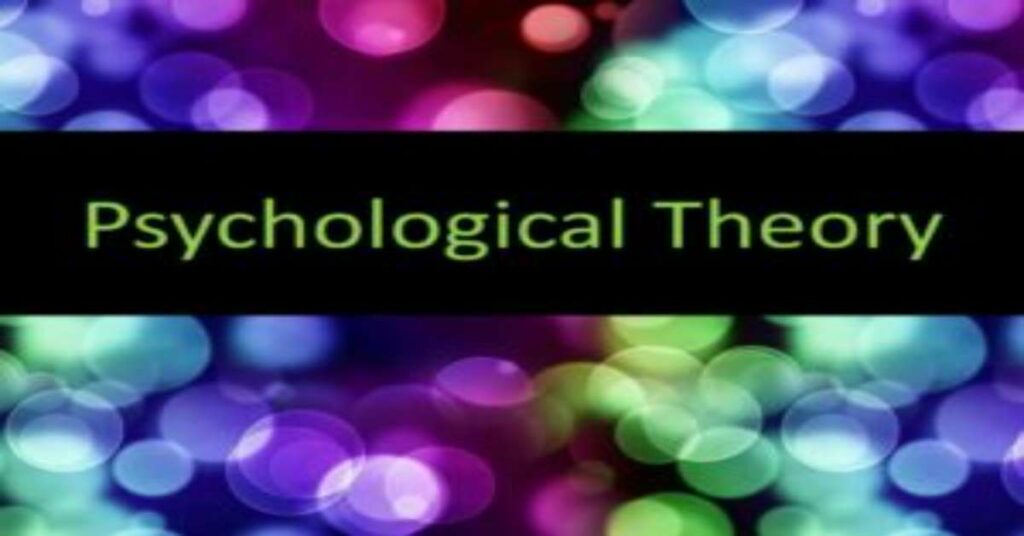Psychology is a vast and complex field, with many different theories that have been developed over the years. In this article, we will discuss the basics of psychological theory (psychological theory definition). So you can get up to speed on what it is and how it has been used in various applications. First, let’s start by defining what exactly a psychological theory is.
Contents
- 1 What Is a Psychological Theory?
- 2 Application Of Psychological Theory In Practical World
- 3 Limitations Of Psychological Theory
- 4 Professionals On The Utility of Psychological Theory
- 5 Relevance Of Psychological Theory In Fourth Industrial Revolution
- 6 Difference Between Psychological Theory And Cognitive Science
- 7 The Role Of Psychological Theory In Therapies
- 8 Conclusion
What Is a Psychological Theory?
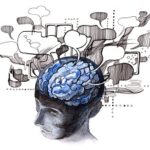
A psychological theory is a set of principles that attempt to explain how people think, feel, and behave. It can be used to understand individual behavior as well as group dynamics. Theories are developed through research and observation, and they can be tested to see if they hold up under scrutiny.
Who Gave Psychological Theory?
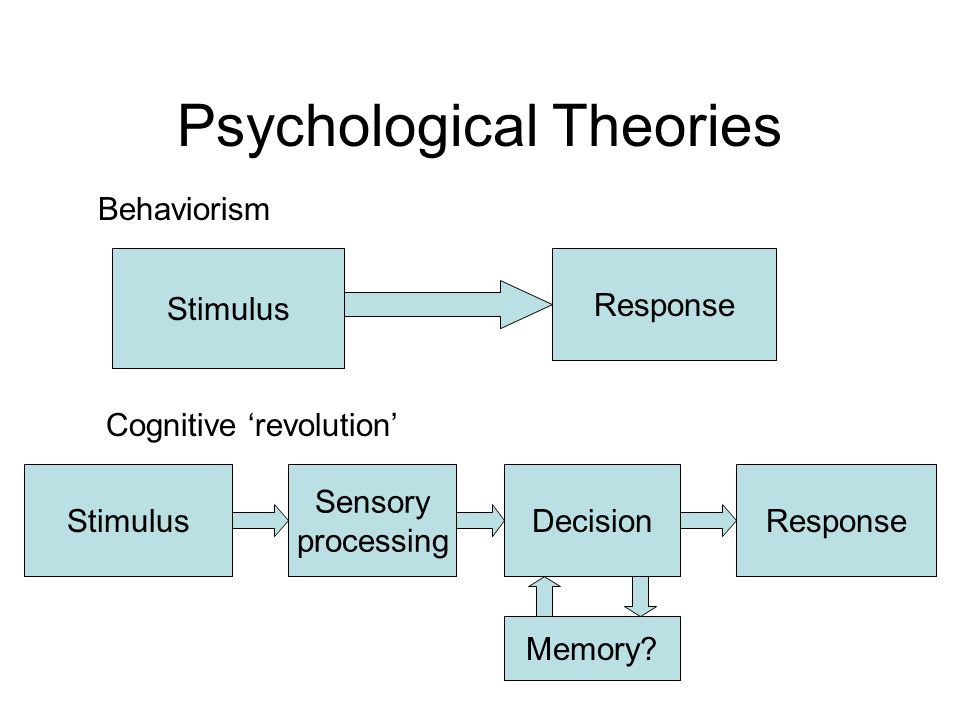
Many different people have contributed to the development of psychological theory, and they can be separated into three categories: early theorists, behaviorists, and cognitive psychologists.
Early Theorists
One of the earliest known contributors was Plato (428-348 BC), who is most famous for his theories on education and ideal forms. However, he also wrote about the influence of images on human behavior.
Behaviorists
The founders of modern-day psychology are considered to be John B. Watson (1878-1958) and Ivan Pavlov (1849-1936). Together they formed a school called stimulus/response theory, which asserted that all behavior was composed of learned responses to environmental stimuli.
Cognitive Psychologists
The cognitive revolution of the 1950s was a movement away from behaviorism and towards an understanding of how people process information. This shift in thinking led to the development of new theories about human cognition, such as Jean Piaget’s (1896-1980) theory of cognitive development.
Purpose of Psychological Theory
The purpose of psychological theory is to provide a framework for understanding human behavior. It helps us understand how people think, feel, and behave, and it can also be used to predict how people will behave in certain situations. Thus, it helps us to understand the complexities of human behavior. It can be used to explain why people behave in certain ways, and it can also help us to develop interventions that can change negative behaviors. Further, it can also be applied in a variety of real-world contexts i.e. it can be used to help us make sense of the world around us.
Postulates Of Psychological Theory
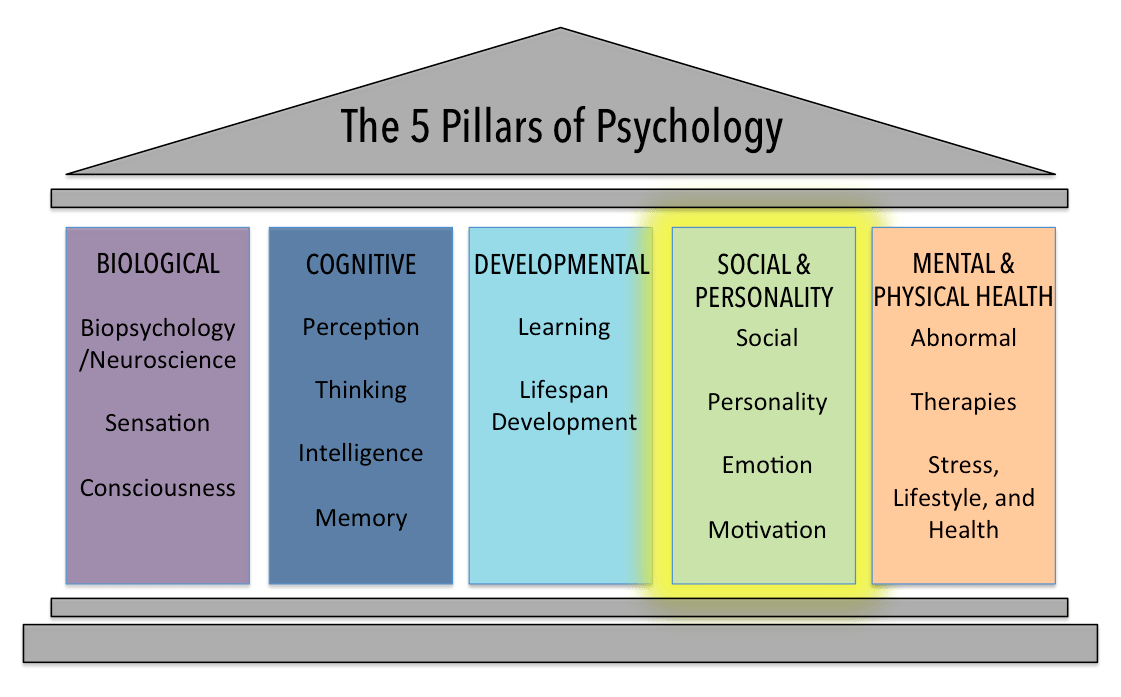
There are three postulates of psychological theory:
- The first is that human beings are rational and logical. This means that they can think about their thoughts, feelings, and behaviors and make choices based on what they believe to be the best course of action.
- Second, humans are motivated by a need to satisfy their desires and needs. This motivates them to behave in ways that will allow them to achieve their goals.
- Third, humans are social animals and they need to interact with others to satisfy their needs for belonging and affiliation.
A Psychological Theory Is An Overview Of A Subject Or Domain
A psychological theory is an overview of a subject or domain. It provides a framework for understanding the topic and it can be used to develop interventions that can change negative behaviors.
Application Of Psychological Theory In Practical World
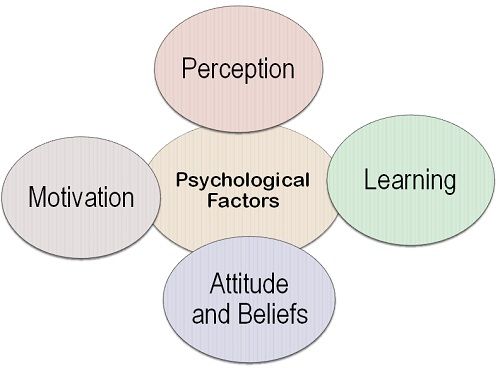
Psychological theory is widely applicable because people are creatures that think, feel, and behave. As such, they respond in predictable ways when presented with different stimuli. This means that psychological theory can be used in a variety of real-world contexts, such as marketing, education, and human resources, etc. As it can also help us to understand why people behave the way they do.
Practical World
Politics
Psychological theory is also relevant to politics. This is because it can be used to understand how people make decisions and why they may vote for a certain candidate. It can also be used to understand the behavior of leaders and how they can influence the population.
Economy
Psychological theory can also be used to understand economic behavior. For example, it can help us to understand why people save money or why they may make irrational financial decisions.
Marketing
As, psychological theory can be used to understand how people think, feel, and behave. This allows marketers to create marketing strategies that will better appeal to the target audience. For example, they could develop an advertising campaign based on certain psychological principles such as scarcity or reciprocity.
Human Resources
Psychological theory is also useful for human resource professionals. It can assess the suitability of potential employees. For example, if an employer is hiring someone for a managerial position, they may use psychological theory to evaluate the candidate’s behavior and leadership style. This will allow them to determine whether or not this person would be suitable for the role.
Education
An understanding of human behavior is critical for educators, as it allows them to create an environment in which students can learn most effectively. It also helps educators to understand why some students may be struggling, and it can provide them with interventions that can help these students.
Subjects/Discipline
Neurology
Psychological theory is also relevant to neurology. This is because the brain is the organ that mediates all psychological functions. Thus, an understanding of psychological theory is essential for understanding how the brain works.
Psychology
Finally, the psychological theory is relevant to psychology. This is because it provides a framework for understanding human behavior. It can explain why people think and behave the way they do, and it can help develop interventions that can change negative behaviors.
Limitations Of Psychological Theory

Despite its many benefits, the psychological theory does have some limitations. For instance:
- It is not always possible to test hypotheses in a laboratory setting. This is because humans are complex creatures and it is difficult to replicate all the variables in their behavior. Thus, it can be difficult to test empirically. This means that there can be a lot of disagreement among psychologists about the validity of certain theories.
- Also, many psychological theories are based on anecdotal evidence or case studies. This means that they may not be generalizable to all humans. Psychological theory is that it often fails to take into account cultural differences. This can lead to the psychological theory being less applicable in other cultures.
- Finally, the psychological theory attracts criticism for its reductionist stance. This means that it tries to simplify complex phenomena into a few basic principles. As a result, we may miss or ignore some aspects of human behavior.
The Utility of Psychological Theory
There is a consensus amongst cognitive scientists, neurologists, and psychologists that psychological theory is useful. They believe that it provides us with a framework for understanding human behavior. It can explain why people behave the way they do and it can predict how people will react in certain situations.
Psychological theory is also useful for developing interventions or therapies that can help us change our behavior. Despite its limitations, most professionals believe that psychological theory still has a place within psychology today. Cognitive science, on the other hand, is becoming a popular alternative.
Professionals On The Utility of Psychological Theory
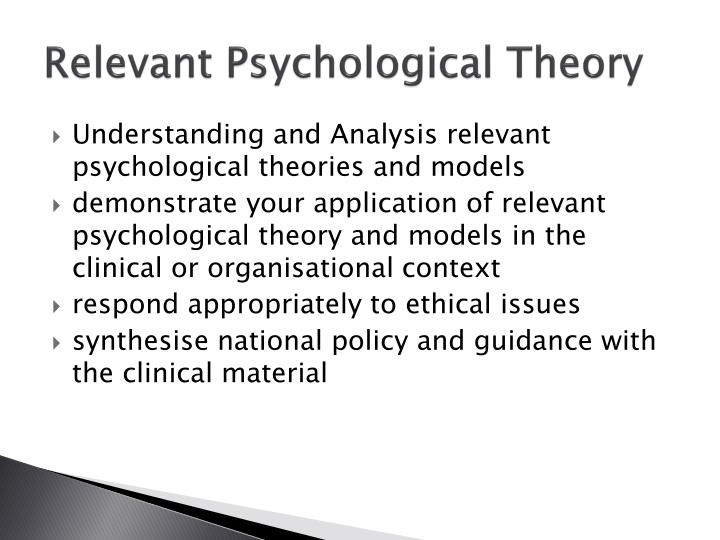
So far, most professionals in the field of psychology believe that the psychological theory is still useful for understanding human behavior. However, there is a growing movement among cognitive scientists and neurologists to abandon the psychological theory in favor of cognitive science.
- Cognitive scientists believe that the psychological theory has its own set of limitations and it does not take into account recent discoveries in neuroscience.
- Neurologists, on the other hand, are more concerned with understanding how brain damage affects behavior than psychologists.
They believe that cognitive science takes a much broader view of human cognition and this makes it a better choice for understanding human behavior.
Postulates Of Cognitive Science
Cognitive science has several postulates, or basic assumptions, about human cognition:
- The mind is an information-processing system. This means that we can describe it in terms of its structure and function.
- The mind is modular. This means that it consists of several specialized subsystems that perform different tasks.
- The mind is embodied. This means that it is not separate from the body, but rather, it is in integration with the body.
- The mind is adaptive. This means that it constantly adapts to changes in the environment.
Cognitive science has been around for about 50 years and it has made a lot of progress in understanding human cognition. However, it is still in its infancy and there are many unanswered questions.
Relevance Of Psychological Theory In Fourth Industrial Revolution
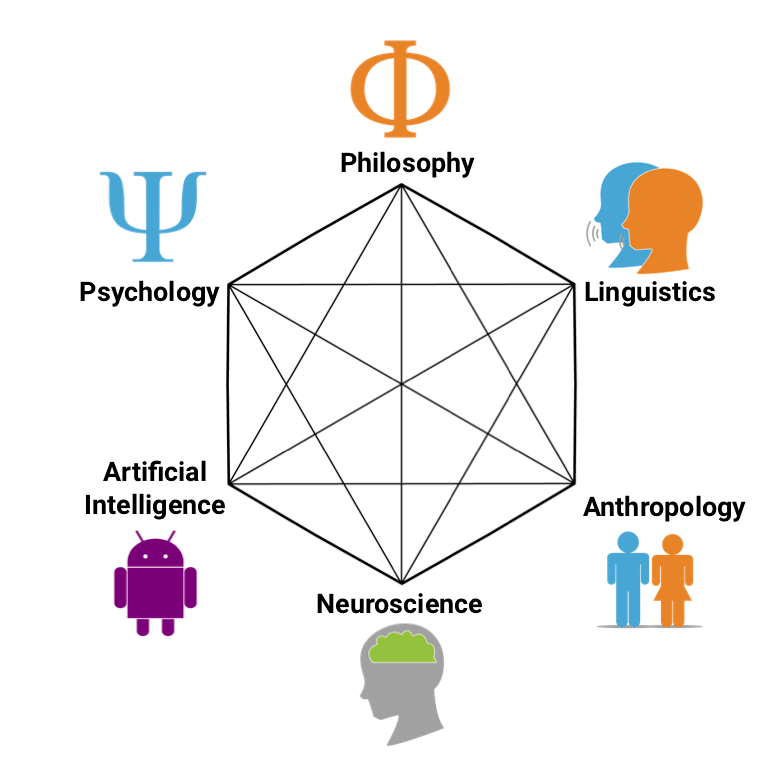
The fourth industrial revolution came with rapid technological change. It is all about the rise of technology and its impact on society. As such, psychological theory can be helpful to make sense of this new era. It can help us to understand how people are responding to the rise of technology and how it is affecting their lives.
Do We Need Revisions In Psychological Theory To Stay Relevant In AI Era?
The psychological theory is a reliable framework for understanding human behavior. However, it is not perfect and there are limitations to the psychological theories that came with development in eras so far. So, to stay relevant in the AI era, we may need revisions or changes to current psychological theories.
What Kind Of Revisions Do We Need In Psychological Theory For AI Era?
There is no one-size-fits-all answer to this question. It will depend on the specific changes that we need to make in the psychological theory to stay more relevant for the AI era. However, some possible revisions could include incorporating insights from neuroscience and cognitive science and developing theories that are specifically suitable to understanding human behavior in an artificial environment.
Difference Between Psychological Theory And Cognitive Science
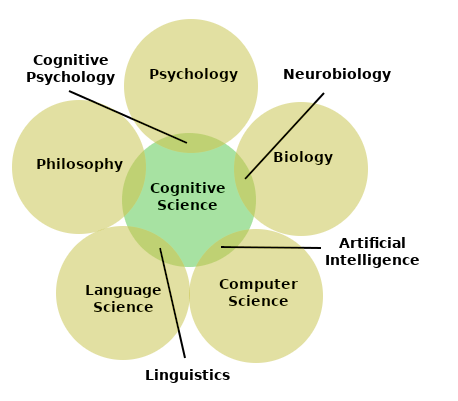
There is some overlap between cognitive science and psychological theory. However, there are also some key differences.
- The primary difference between psychological theory and cognitive science lies in how they view human cognition. As cognitive science tends to be more empirical than psychological theory. The psychological theory assumes that there is no innate knowledge of concepts or ideas, meaning that we learn all the knowledge through experience. This view of cognition is empiricism. This means that it relies heavily on data from experiments to support its theories. In contrast, the psychological theory is based more on intuition and speculation.
- Another difference between the two fields is that cognitive science tends to be more focused on the workings of the mind, whereas psychological theory is more concerned with behavior. It means cognitive scientists have an interest in understanding mental processes including perception, attention, and memory. However, they do not hold a necessary interest in why humans behave the way they do. It is a more recent discipline that combines aspects of psychology, linguistics, computer science, and neuroscience. And seeks to understand all aspects of human cognition including mental processes and behavior. So, cognitive science is broader in scope than psychological theory and it includes a wider range of disciplines.
- Finally, cognitive science is more scientific than psychological theory, according to popular opinion. This is because it relies heavily on data from experiments, while psychological theory does not always do this.
NOTE: Cognitive science takes a nativist perspective on human cognition. Nativism holds that humans are born with some innate knowledge and that this knowledge shapes the way they think and perceive the world.
The Scope Of Psychological Theory vs Cognitive Science
The scope of psychological theory is much more limited than that of cognitive science.
Psychological theories are methods to explain specific phenomena, such as the development of personality or the emergence of self-concept in adolescence. As a result, there are not very many psychological theories that hold wide acceptance. Also, most psychological theories only apply to humans and do not take into account the effects of technology on behavior.
Cognitive science, on the other hand, is a more general field that seeks to understand all aspects of human cognition. It includes disciplines such as psychology, linguistics, computer science, and neuroscience. So, it has a much broader scope than psychological theory.
Cognitive Science: The Future Of Psychology?
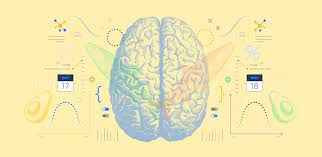
Cognitive science may eventually supersede the psychological theory as the dominant perspective on human cognition. This is because cognitive science has a much broader scope than psychological theory and it is based on scientific evidence rather than hypotheses.
However, many psychologists firmly commit themselves to the psychological theory and they do not believe that cognitive science can fully explain human cognition. So, the debate between cognitive science and psychological theory will likely continue for some time to come.
The Role Of Psychological Theory In Therapies
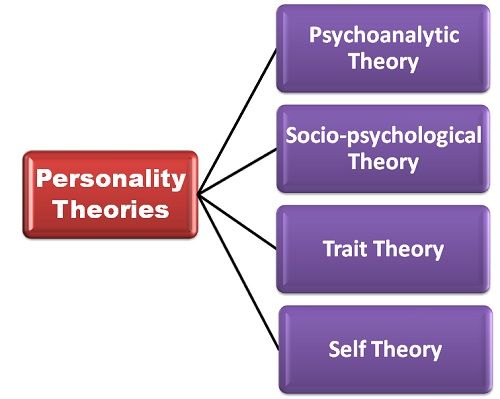
Many psychological disorders have been successfully treated using therapies that were developed based on a particular theory of psychology.
Case Study 1: CBT
For example, cognitive-behavioral therapy seems to be an effective treatment for anxiety disorders such as phobias and panic attacks. This type of therapy holds the hypothesis that humans learn about their emotions through experience rather than through innate knowledge. Cognitive-behavioral therapy is also helpful to treat depression. Research shows it to be more effective than using medication alone.
In addition, cognitive-behavioral therapy is also helpful for treating delinquent behavior in children with conduct disorder (CD). It was William Reisenman who gave this as a treatment for emotionally disturbed youth living in psychiatric hospitals at the Children’s Unit of Bellevue Hospital Center. Cognitive-behavioral therapy is on the hypothesis that a child’s behavior problems are the outcome of their cognitive deficits.
Case Study 2: Systemic Desensitization
Another example is the use of systemic desensitization for treating phobias and anxieties (e.g., social anxiety). Joseph Wolpe, the father of behavior therapy gave this approach in 1958. Systemic Desensitization is based on Pavlov’s theory of classical conditioning. It states that people expect how they should react in certain situations and this affects their emotional state. This approach is a go-to choice for many therapists worldwide for treating social anxiety disorder (SAD) and other anxiety disorders.
NOTE: So, while the psychological theory has its limitations, it is still a valuable tool for understanding human behavior. The psychological theory works as a foundation to develop therapies that are effective in treating a variety of psychological disorders. However, some professionals believe that cognitive science may provide a better understanding of human cognition and this may eventually replace the psychological theory as the dominant paradigm in psychology.
Conclusion
Despite its limitations, most professionals in the field of psychology believe that psychological theory is still useful for understanding human behavior. However, there is a growing movement among cognitive scientists and neurologists to abandon the psychological theory in favor of cognitive science. As cognitive science takes a broader view of human cognition and this makes it a better choice for understanding human behavior. However, the psychological theory is still useful for developing interventions or therapies that can help us change our behavior.
If you are looking for affordable Online Counseling MantraCare can help: Book a trial therapy session
